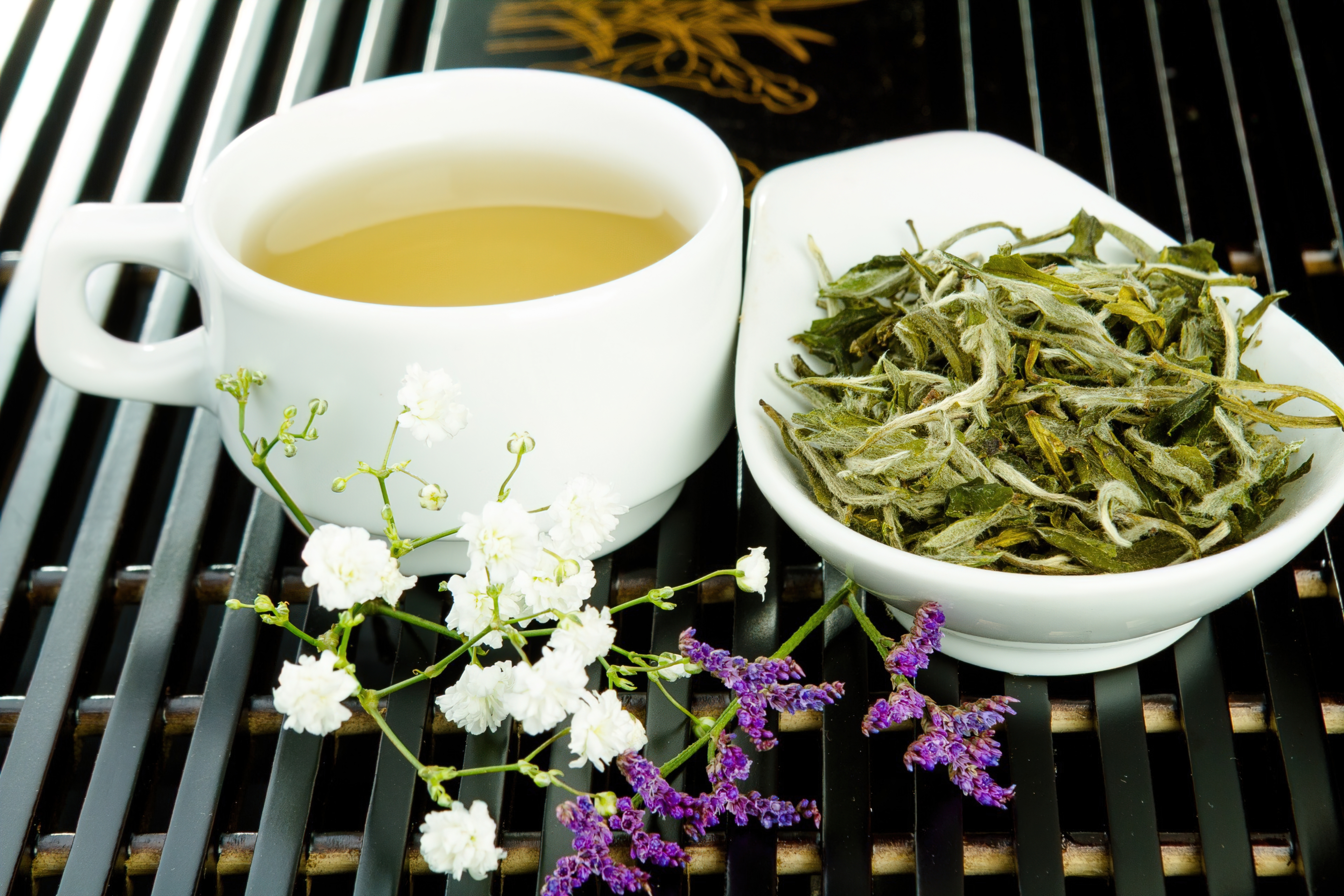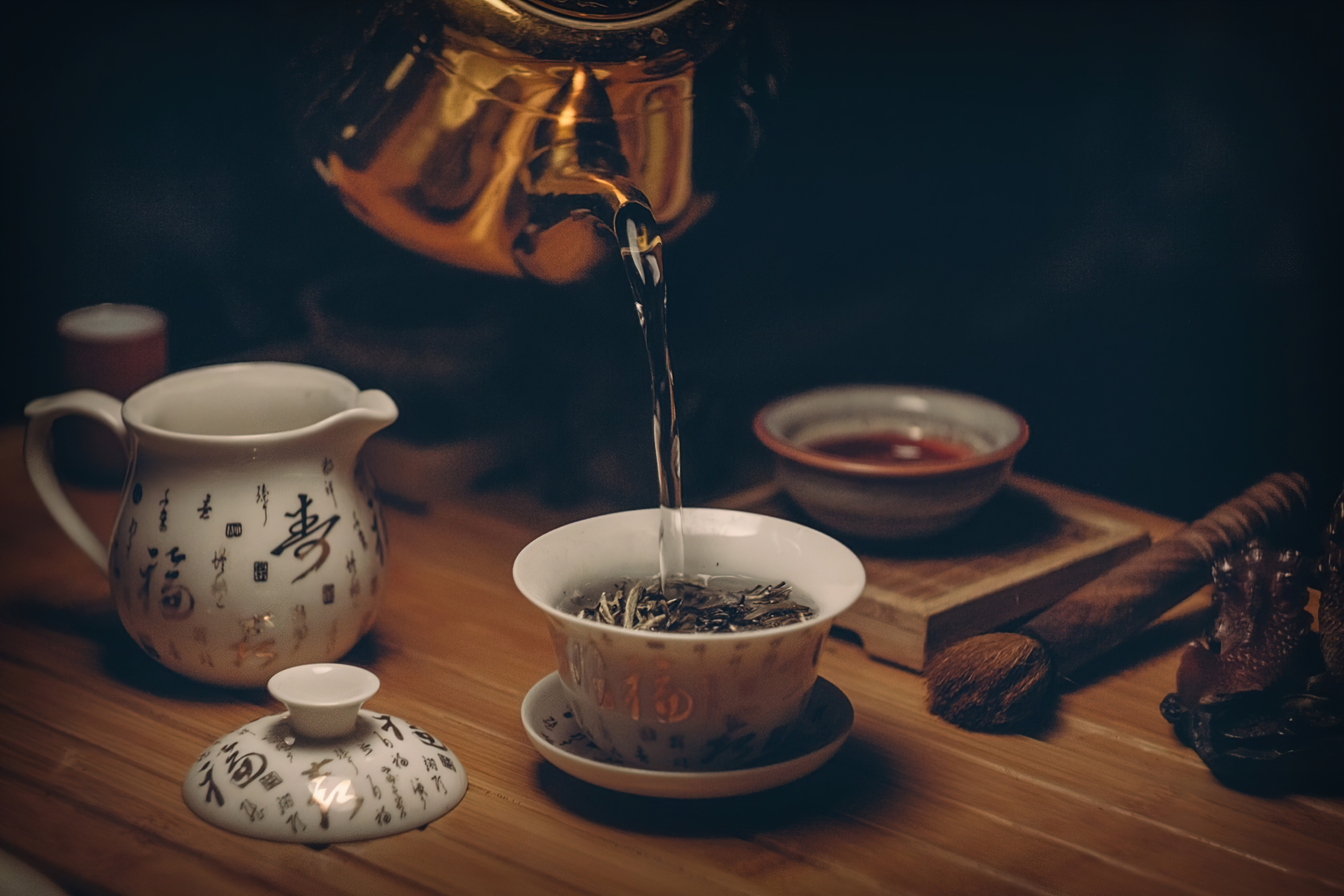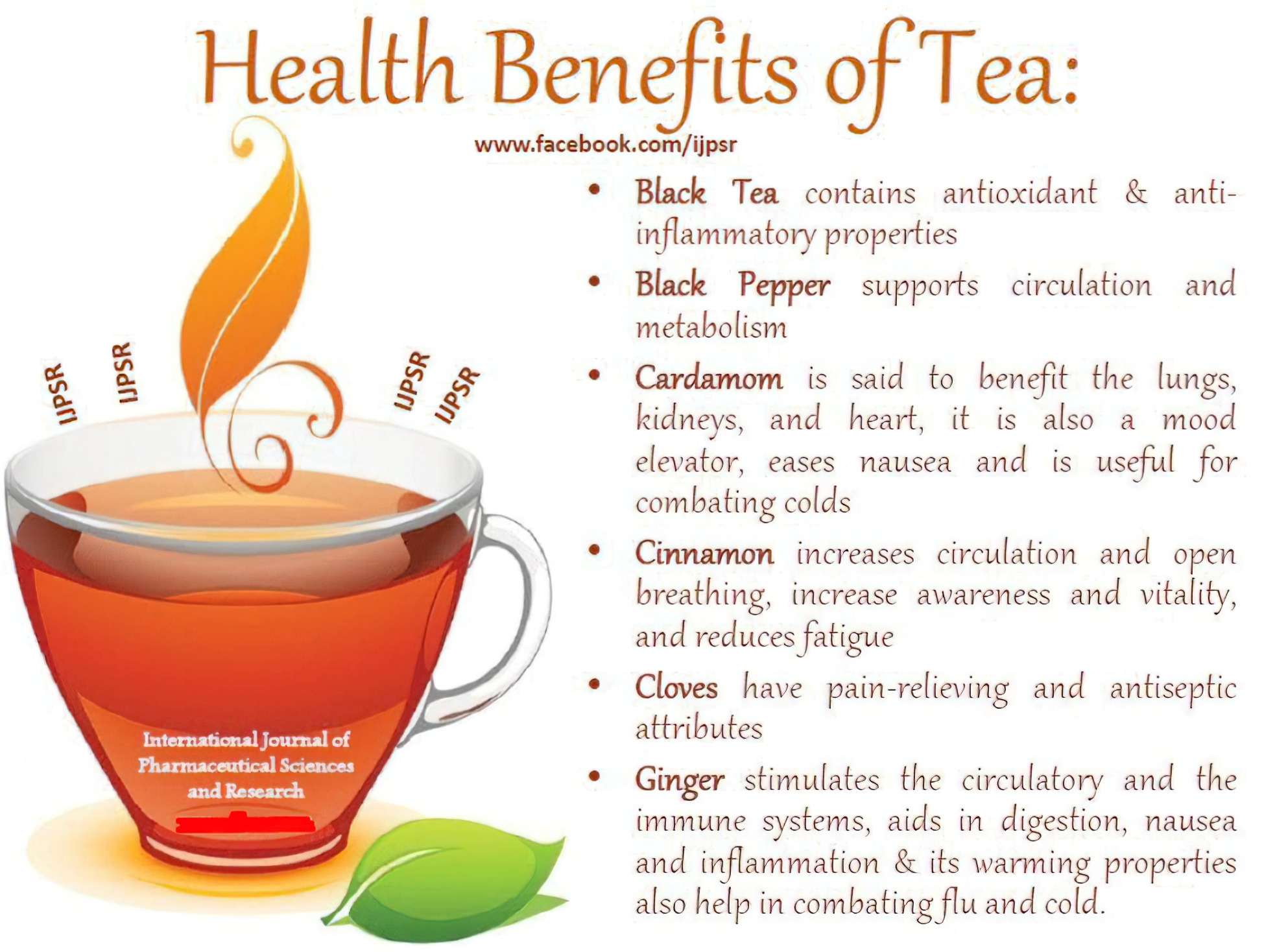The world of tea is vast and diverse, from delicate whites to robust blacks, and the aromatic complexity of oolongs. In this guide, we’re taking a tea tour around the world, diving into the culture, history, and unique flavors of this beloved beverage.
- The Basics of Tea: Understanding Tea Types
- White Tea: The Subtle Delight
- Green Tea: From Japan to China
- Oolong Tea: A Wide Spectrum
- Black Tea: Robust and Aromatic
- Dark Tea: An Ancient Tradition
- Preparing and Enjoying Your Tea
- Tea Pairing: Enhancing Flavors
- Sustainability in the Tea Industry
- The Health Benefits of Tea
- Conclusion: The Endless Journey of Tea
The Basics of Tea: Understanding Tea Types
Tea, Camellia sinensis, can be processed in different ways to create a spectrum of flavor profiles. This section explains the main categories: white, green, oolong, black, and dark tea. Each type undergoes a different degree of oxidation, affecting the color, flavor, and aroma.
White Tea: The Subtle Delight
White tea, the least processed of all teas, has a light, delicate flavor and aroma. Famous white teas, like Silver Needle from China’s Fujian province, are prized for their gentle, floral notes.
Green Tea: From Japan to China
Green tea is known for its grassy and fresh flavors. Discover the sweet and umami-rich Matcha from Japan, or the chestnut notes of China’s Longjing.
Oolong Tea: A Wide Spectrum
Oolong teas, semi-oxidized, possess a wide range of flavors, from fruity and floral to creamy and toasty, as seen in Taiwanese High Mountain oolongs or the darker Wuyi Rock oolongs from China.
Black Tea: Robust and Aromatic
Black teas are fully oxidized, resulting in bold, robust flavors. Whether it’s the malty Assam from India or the smoky Lapsang Souchong from China, black tea is a world in itself.
Dark Tea: An Ancient Tradition
Dark teas, like Chinese Pu-erh, are fermented and aged, creating complex, earthy flavors that evolve over time. These teas are a deep dive into an ancient tradition.
Preparing and Enjoying Your Tea
The art of making tea involves more than just steeping leaves in hot water. It’s about appreciating the aroma, observing the dance of the leaves, and savoring each sip. So, find your favorite tea, steep it to your liking, and enjoy the journey into the world of tea.
Tea Pairing: Enhancing Flavors
Pairing tea with the right food can elevate your tasting experience. Try the classic combination of black tea with pastries or a green tea with Asian cuisine. White tea goes beautifully with delicate desserts, while oolong pairs well with a range of foods due to its varied flavor profile.
Sustainability in the Tea Industry
As consumers, we can make choices that support sustainable tea farming. Look for Fair Trade or Rainforest Alliance certifications, which ensure that workers are treated fairly and environmentally-friendly practices are used.
The Health Benefits of Tea
Tea is more than just a comforting drink. It’s packed with antioxidants and has been associated with various health benefits, from supporting heart health to aiding in digestion and even potentially boosting the immune system.
Conclusion: The Endless Journey of Tea
The world of tea is a vast one, filled with diverse flavors and rich histories. From the high mountain ranges of Taiwan to the fertile plains of India, every sip of tea is a journey. Whether you’re a seasoned tea connoisseur or a novice, there’s always something new to discover in this exciting world.
So, pick up your teacup, and here’s to the journey ahead in the world of tea!